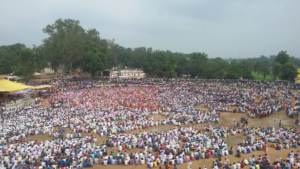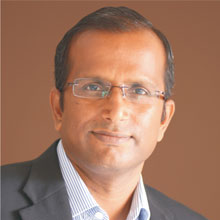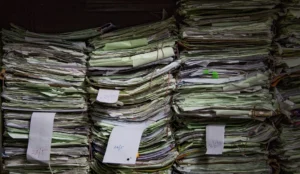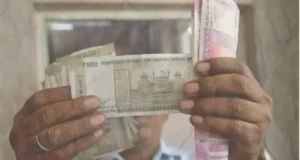

Salman and Speed
The Bombay High Court has today given its verdict in Salman Khan’s appeal. A lower court had found him guilty in a hit-and-run case. The High Court took just over 7 months to decide this appeal. Salman Khan, I am sure, will be relieved that his appeal has been decided so quickly, and of course, in his favour. Most criminal appeals, unfortunately, do not get decided as promptly. In the DAKSH database, we have details of 52,921 criminal appeals pending in 18 High Courts across the country. On an average, the pendency is 5 years and 9 months. Appeals in the Bombay High Court actually take longer. Currently, the DAKSH database has details for 657 criminal appeals pending in the Bombay High Court. The average pendency is just over 13 years! So, Salman Khan should thank his lucky stars that his case was decided so quickly. Of course, Salman Khan was already out on bail pending his appeal. Many other people who are convicted by the lower courts do not get bail and spend time in jail while their appeals are decided by the High Courts.
While Salman Khan’s troubles may be over, the quick disposal of his appeal in fact raises troubling questions about the functioning of our judicial system. While delays are part and parcel of our judicial system, prioritisation of certain cases over others, and the reasons for such favoured treatment, challenge the notion of equality. The judiciary should follow the ‘first in, first out’ principle in disposal of cases, except where there is a demonstrated urgency. And the first in, first out principle should apply amongst the cases which are deemed urgent as well. Identity of the individuals involved in the cases should not be a determining factor for determining the urgency involved. Instead, it is the subject matter of a case which should determine the urgency involved and the need for priority. The Salman Khan appeal, and the Jayalalithaa appeal (decided by the High Court of Karnataka in super quick time pursuant to a direction of the Supreme Court) are seriously troubling exceptions to the travails of the ‘other people’ whose appeals go on for years.
The views expressed in this article are solely those of the author’s and they do not represent the views of DAKSH.

Harish Narasappa
RECENT ARTICLES


POLITICAL MANIFESTOS AND JUDICIAL REFORMS

Challenges in NCLT Filing Procedures: Advocates’ Perspectives

Beyond Revenue – Reimagining Court Fee As A Policy Tool For Judicial Administration

-
Rule of Law ProjectRule of Law Project
-
Access to Justice SurveyAccess to Justice Survey
-
BlogBlog
-
Contact UsContact Us
-
Statistics and ReportsStatistics and Reports
© 2021 DAKSH India. All rights reserved
Powered by Oy Media Solutions
Designed by GGWP Design